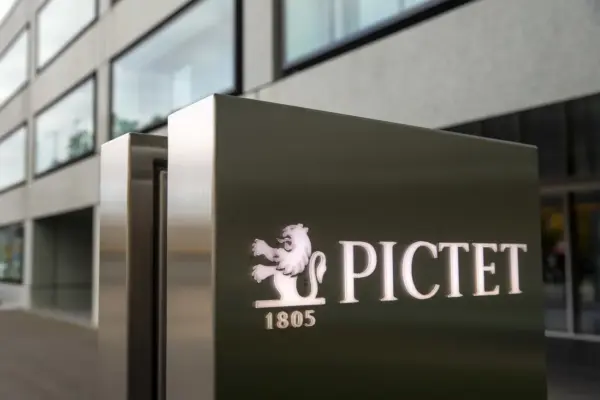The Dangote Oil Refinery has commenced operations at its polypropylene facility in Lagos, marking a significant milestone in its expansion efforts.
According to S&P Global, the startup of Dangote’s 830,000-metric-tonnes-per-year polypropylene site was one of the final steps in the commissioning sequence of the refinery and petrochemical complex, which has been underway since January 2024.
“Polypropylene production has now started, with supplies being distributed in 25kg bags, already threatening to disrupt the domestic market,” insights from S&P Global Commodity revealed.
It was revealed that the Dangote Group began offering polypropylene supplies as early as February.
The President of the Dangote Group, Aliko Dangote, had previously expressed confidence that the complex would fully meet Nigeria’s domestic demand for polypropylene, estimated at 250,000 metric tonnes per year. Polypropylene is widely used in plastic packaging and textiles.
Once fully operational, the Dangote facility will become Africa’s largest polypropylene production site, featuring two production units with capacities of 500,000 metric tonnes per year and 330,000 metric tonnes per year, respectively.
Market analysts have warned that the new capacity could quickly capture a significant share of the domestic polypropylene homopolymer market, which has so far been dominated by Indorama Eleme’s Port Harcourt refinery and supplemented by imports from the Middle East.
In the oil market, the privately owned Dangote complex has already demonstrated its ability to undercut local producers, leading to substantial price reductions in the gasoline retail sector, including discounts from the Nigerian National Petroleum Company Limited.
The refinery has also altered traditional trade routes for oil products, reducing imports from Europe while serving an increasing portion of Nigeria’s domestic demand. Meanwhile, NNPCL’s recently restarted Port Harcourt and Warri refineries have faced operational setbacks.
The Dangote Group had previously stated that the refinery would reach its full production capacity of 650,000 barrels per day by March, although this remains dependent on crude oil availability.
There is currently no updated timeline for the petrochemicals plant to achieve full capacity.
Earlier, the company revealed that its $2 billion petrochemical facility in Ibeju-Lekki, Lagos, is designed to produce 77 high-performance polypropylene grades for both domestic and international markets.
With an expected turnover of $1.2 billion, the Dangote Petrochemical plant, located alongside the refinery, is positioned to support the growing plastic processing industries in Africa and beyond.
Providing an update on the facility, Devakumar Edwin, Group Executive Director for Strategy, Capital Projects & Portfolio Development at Dangote Industries Limited, emphasized the plant’s potential to drive investment, create jobs, boost tax revenues, and increase Nigeria’s Gross Domestic Product.
“We have the capability to produce 77 different polypropylene types for various applications,” Edwin stated. “Currently, the plant can produce around 900,000 tonnes of polypropylene annually, making it the largest of its kind in Africa.”
He added that the plant would reduce Nigeria’s reliance on imported raw materials, easing foreign exchange constraints and encouraging local investment.
“When raw materials are available locally, more businesses will be willing to invest in the economy. This will not only save foreign exchange but also boost the downstream sector,” Edwin said.
Polypropylene, a synthetic fabric derived from petroleum-based thermoplastic polymers, is used in plastic packaging, machinery parts, textiles, piping systems, medical equipment, and more. Its primary raw material, propylene gas, is extracted from crude oil.










